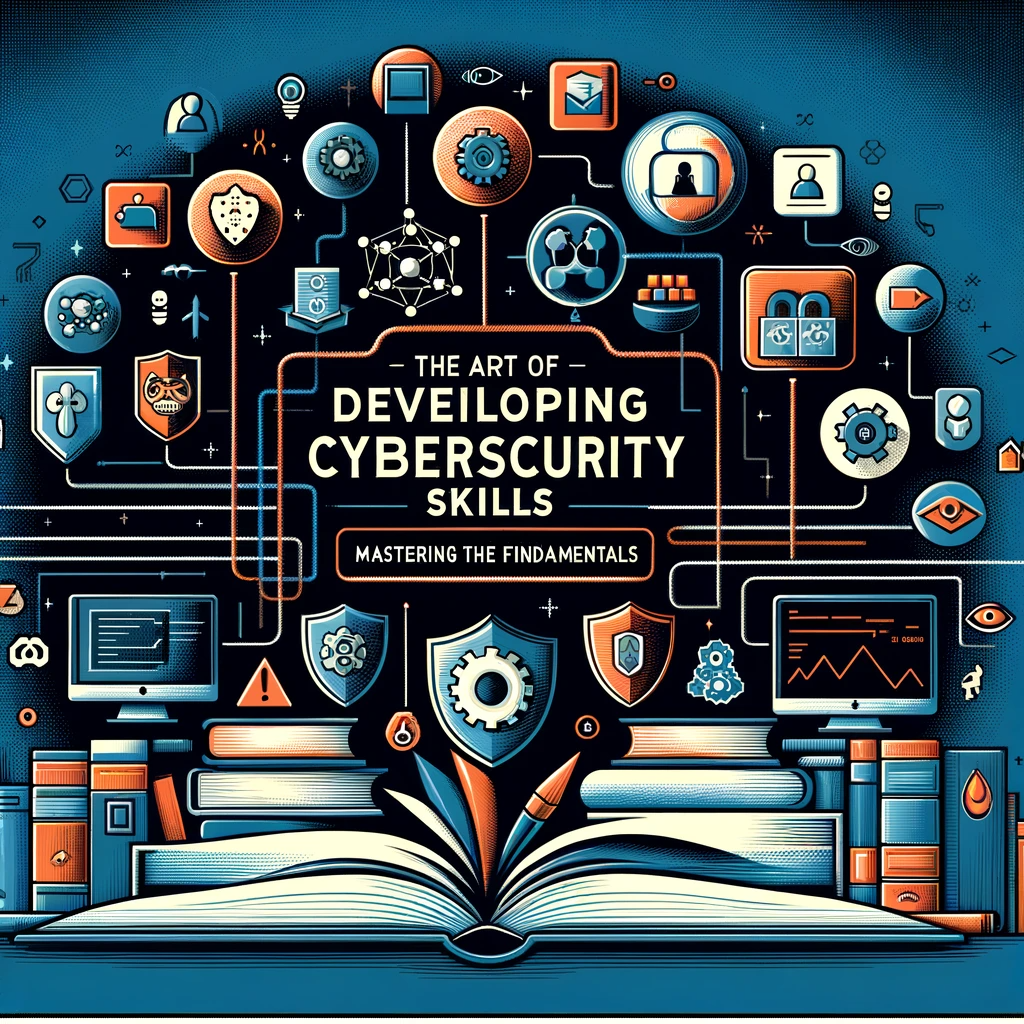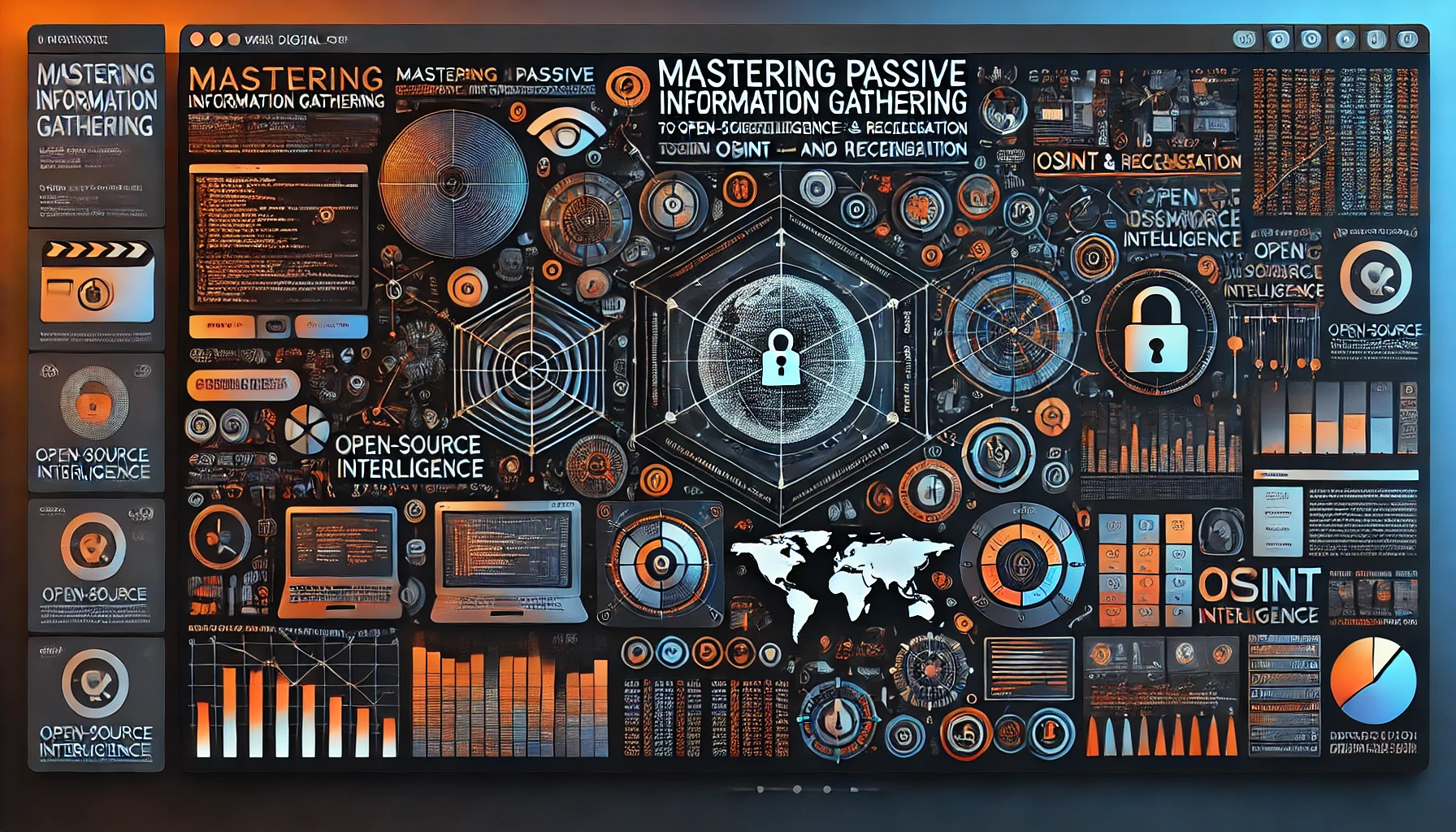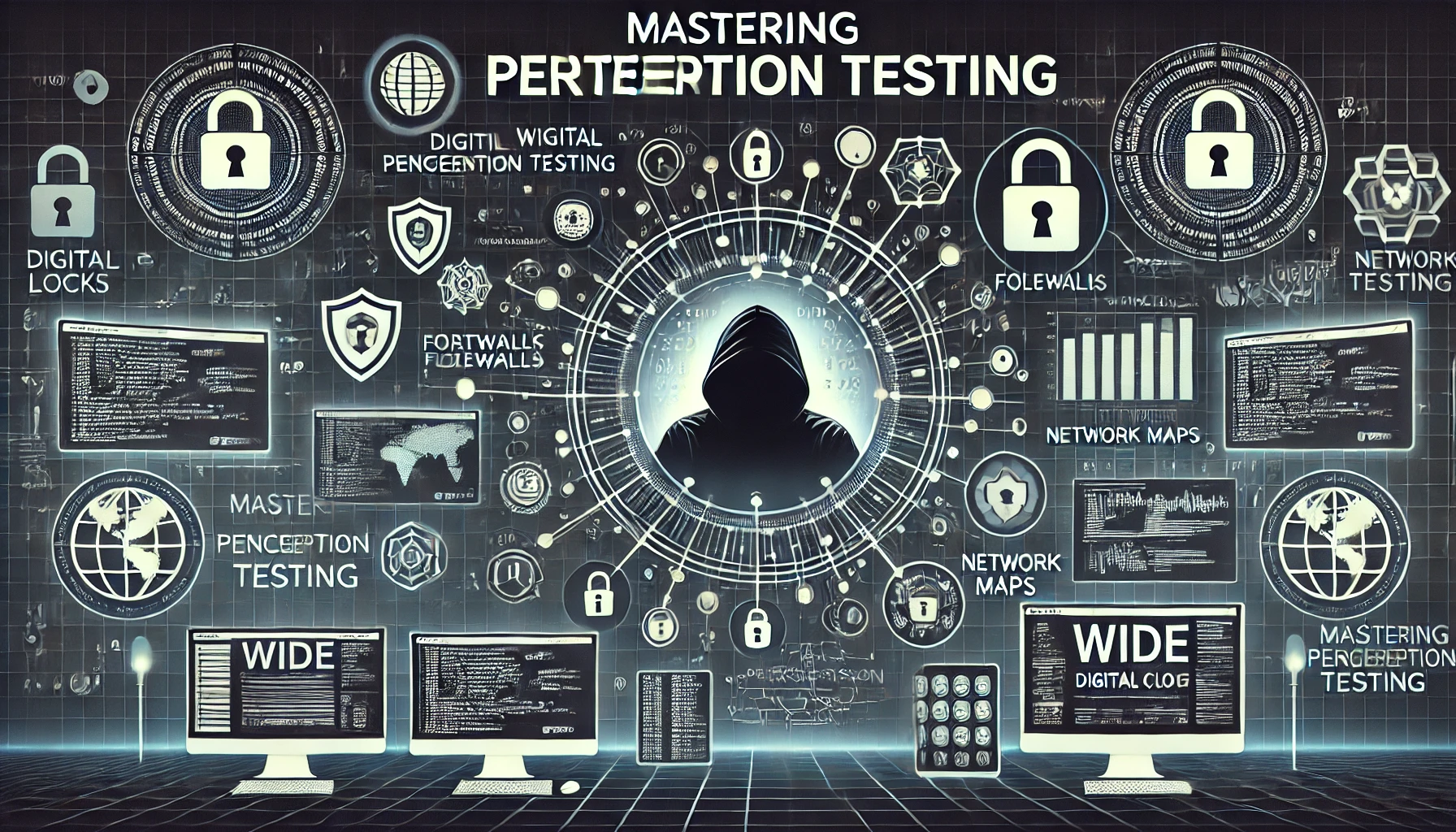
The Art of Developing Cybersecurity Skills: Mastering the Fundamentals
As the digital landscape continues to evolve, so does the sophistication of cyber threats. To effectively combat these ever-evolving challenges, it is crucial for cybersecurity professionals to continually develop and enhance their skills. Cybersecurity skill development is not only essential for personal growth but also for the success of organizations in safeguarding their sensitive data and maintaining a secure environment.
When it comes to cybersecurity skill development, mastering the fundamentals is of utmost importance. A solid foundation in key areas allows professionals to build upon their knowledge and adapt to emerging threats. Let’s delve into some crucial aspects of cybersecurity skill development:
1. Understanding Networking Fundamentals
Networking forms the backbone of any digital infrastructure. To effectively protect an organization’s assets, cybersecurity professionals need a deep understanding of networking protocols, devices, and architectures. By grasping concepts like TCP/IP, DNS, firewalls, and VPNs, professionals can better analyze network traffic, identify vulnerabilities, and design secure networks.
2. Proficiency in Operating Systems
Operating systems (OS) play a vital role in cybersecurity. Whether it’s Windows, macOS, or Linux, having a comprehensive understanding of different OS architectures, security features, and common vulnerabilities is crucial. This knowledge enables professionals to secure operating systems, detect malicious activities, and respond effectively to incidents.
3. Mastery of Secure Coding Practices
Secure coding practices are essential for developing robust applications and preventing vulnerabilities. Cybersecurity professionals should familiarize themselves with secure coding standards, such as OWASP Top 10, to identify common coding flaws and implement secure coding techniques. By adhering to these practices, professionals can minimize the risk of introducing security weaknesses during the development lifecycle.
4. Knowledge of Threat Intelligence and Analysis
Staying one step ahead of cyber threats requires a deep understanding of threat intelligence and analysis. Professionals should develop skills in gathering, analyzing, and interpreting threat data to proactively identify potential risks. By leveraging threat intelligence tools and techniques, cybersecurity experts can anticipate and mitigate threats before they impact an organization’s security.
5. Continuous Learning and Industry Awareness
Cybersecurity is a rapidly evolving field, with new threats and technologies emerging regularly. Professionals should dedicate themselves to continuous learning and staying updated with the latest industry trends. Active participation in cybersecurity communities, attending conferences, and pursuing relevant certifications all contribute to expanding knowledge and honing skills.
Developing cybersecurity skills is a journey that requires dedication, continuous learning, and hands-on experience. By focusing on mastering the fundamentals, professionals can build a strong foundation to tackle complex challenges effectively. Remember, in the realm of cybersecurity, knowledge is power.
Stay Connected with Secure Debug
Need expert advice or support from Secure Debug’s cybersecurity consulting and services? We’re here to help. For inquiries, assistance, or to learn more about our offerings, please visit our Contact Us page. Your security is our priority.
Join our professional network on LinkedIn to stay updated with the latest news, insights, and updates from Secure Debug. Follow us here.
Related Posts
Mastering Network Security: An Ultra-Extensive Guide to Protecting Modern Infrastructures
Network security stands as one of the pillars of an organization’s cybersecurity strategy, ensuring that…
Mastering Active Information Gathering: An Ultra-Extensive Guide to Probing and Recon in Penetration Testing
Active information gathering, also called active reconnaissance, involves directly interacting with a target’s infrastructure to…
Mastering Passive Information Gathering: An Ultra-Extensive Guide to Open-Source Intelligence (OSINT) and Reconnaissance
Passive information gathering, often associated with OSINT (Open-Source Intelligence), is a foundational step in penetration…
Mastering Penetration Testing: A Comprehensive Guide to Methodologies, Tools, and Best Practices
As the frequency and sophistication of cyberattacks grow, penetration testing has become a cornerstone in…







